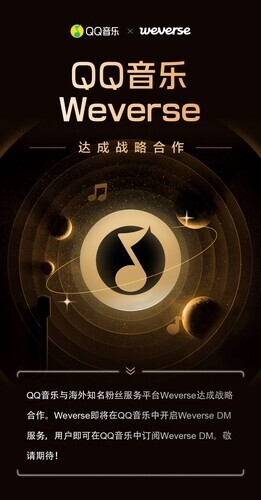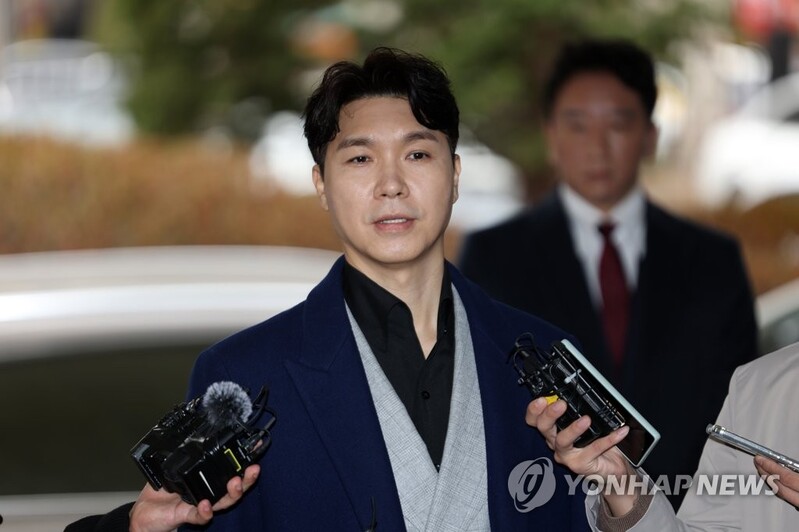dailies-editorials (2)
(EDITORIAL from Korea Times on Aug. 8)
De-escalate tensions
U.S. House Speaker Nancy Pelosi's visit to Taiwan has shown just how unstable and volatile the security situation is in East Asia. Last week China turned the Taiwan Strait into a flashpoint, denouncing her visit as the violation of its one-China principle.
Beijing reacted with a display of military force and a war of words against the United States and Japan. It conducted unprecedented live-fire military exercises which were apparently aimed at staging an effective blockade of Taiwan. It also suspended lines of communication with Washington.
The drills continued four days from Thursday in an angry response to Pelosi's trip to the island which China claims as part of its territory. According to media reports, the People's Liberation Army (PLA) mobilized 20 war planes and 14 ships in six areas encircling Taiwan to test its capabilities of striking targets on land and sea.
As Taiwan said, the drills appeared to simulate an attack on the self-ruled island with multiple Chinese warships and aircraft crossing the medial line of the Taiwan Strait. More seriously, China launched five ballistic missiles into the seas at the western end of Japan's Okinawa island chain Thursday. It was unprecedented for Chinese missiles to land in Japan's exclusive economic zone (EEZ).
It was regrettable for Beijing to create a hair-trigger situation in East Asia, probably the worst since the 1950-53 Korean War. The heightened tension could be compared to the Cuban missile crisis in 1962. China also summoned ambassadors from the G7 countries to lodge a protest against issuing a joint statement that accused Beijing of trying to unilaterally change the status quo in the Taiwan Strait by force.
China cannot avoid criticism for overreacting to Pelosi's trip to Taiwan. The Asian giant certainly saw her visit posing a challenge to its core interests. China, one of the world's G2 countries along with the U.S., should have acted in a calm and cool-headed way without saber-rattling. In a nutshell, the country went too far in protecting its one-China policy. That's why the White House denounced China's actions as provocative and irresponsible that could raise the risk of miscalculation.
Beijing should not attempt to change the status quo concerning Taiwan by taking advantage of Pelosi's visit to the de facto independent island. Nor should it try to ramp up tensions with the U.S. and its allies to facilitate President Xi Jinping's bid to secure a third term in office in the 20th National Congress of the Chinese Communist Party (CCP) scheduled for October.
However, the Sino-U.S. confrontation is likely to grow further. U.S. President Joe Biden is expected to take a tougher stance on China ahead of the mid-term elections in November. Both countries should make efforts to de-escalate tensions and solve pending issues through dialogue and diplomacy in order to ensure peace and stability in the region and beyond. Washington and Beijing should refrain from the self-destructive strategic competition and move toward coexistence and co-prosperity.
(END)
(C) Yonhap News Agency. All Rights Reserved

























![[속보] 로제](/news/data/20251108/yna1065624915919981_151_h2.jpg)









